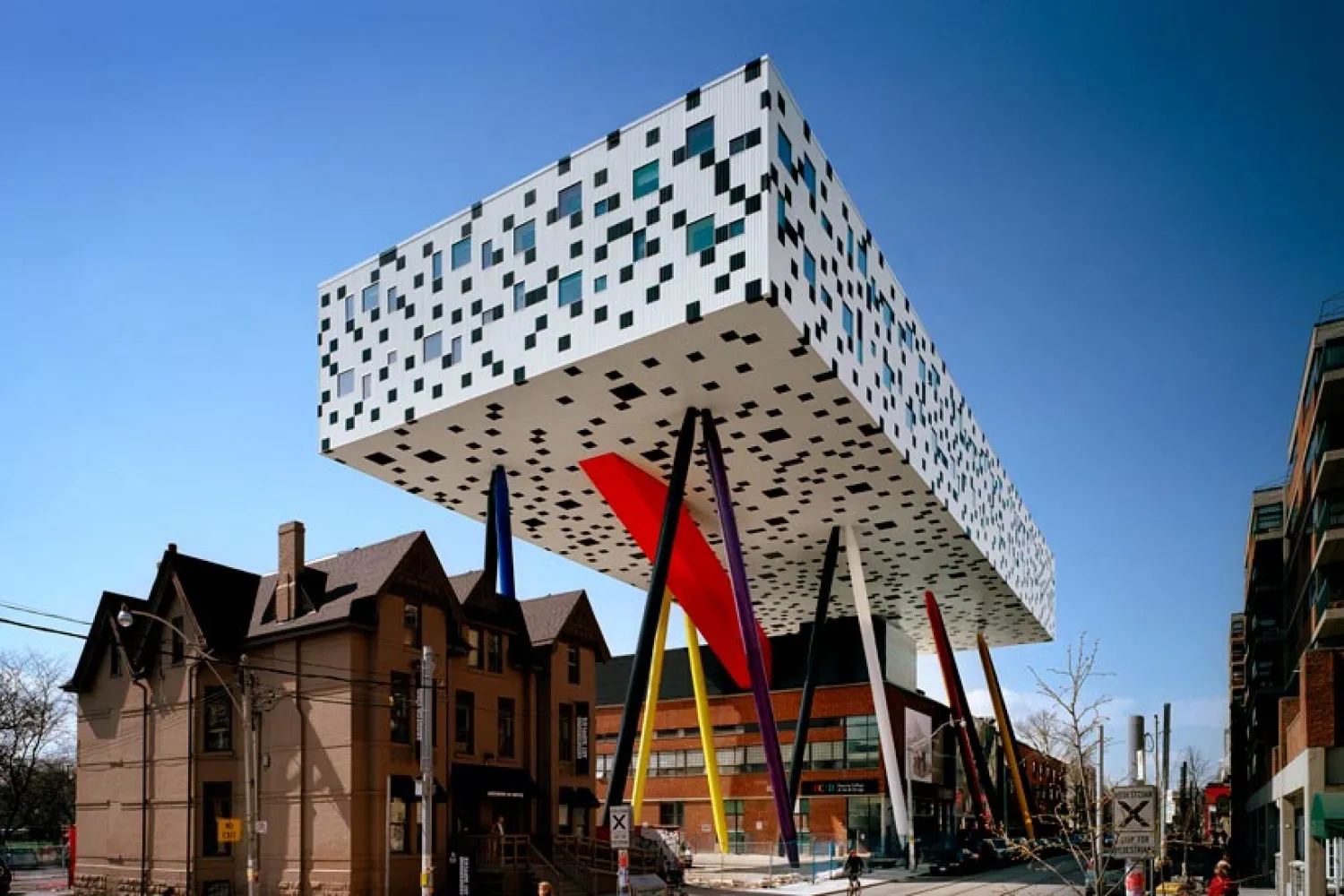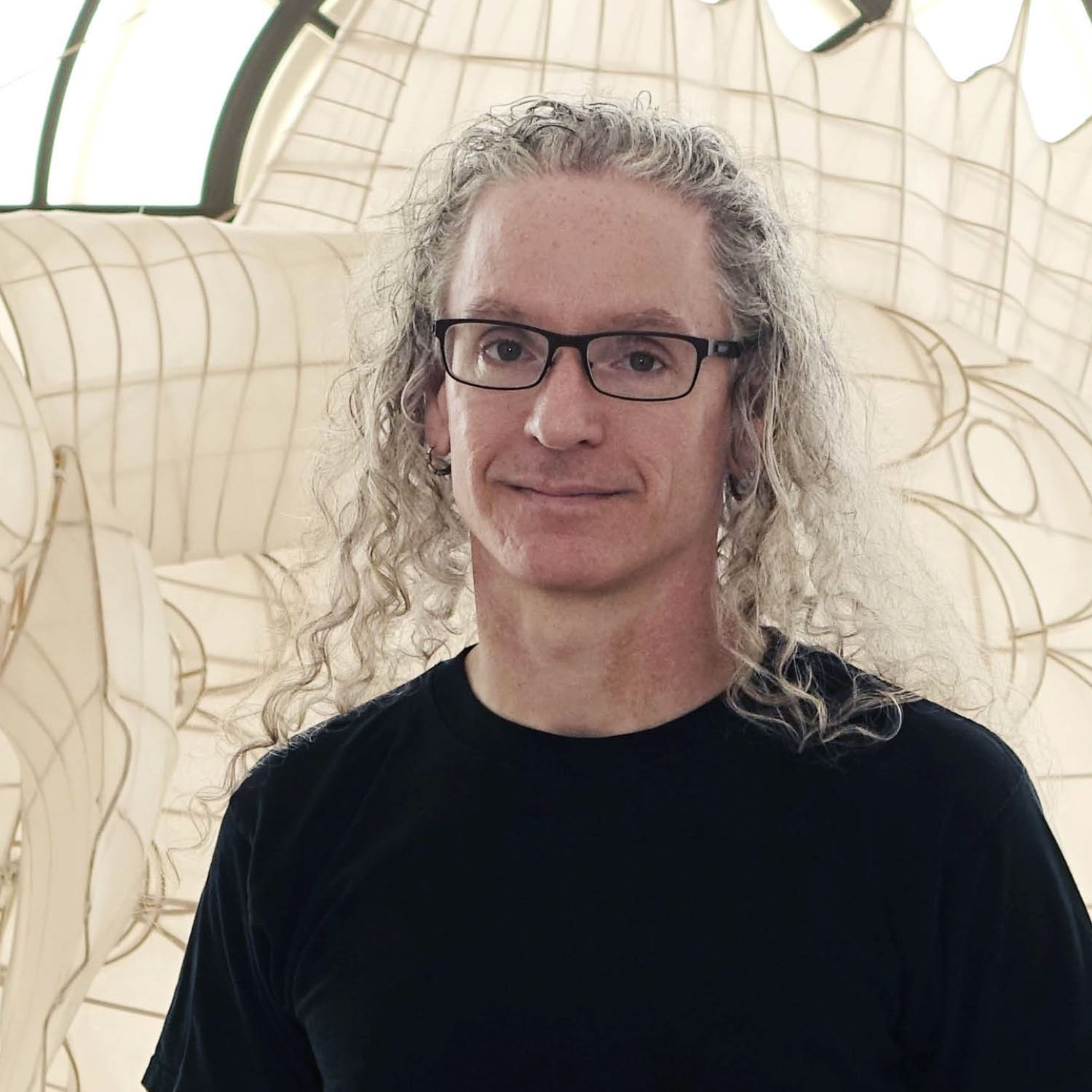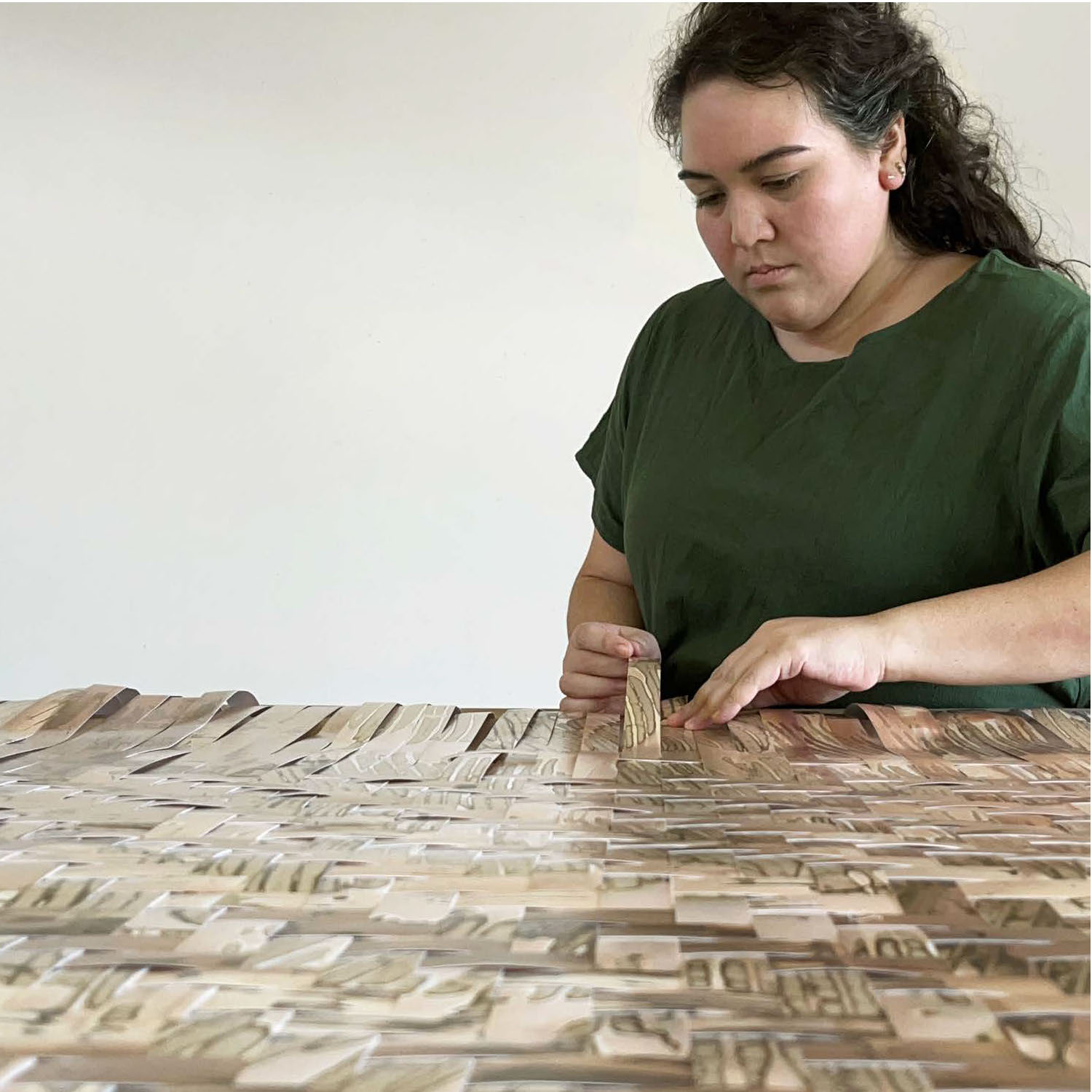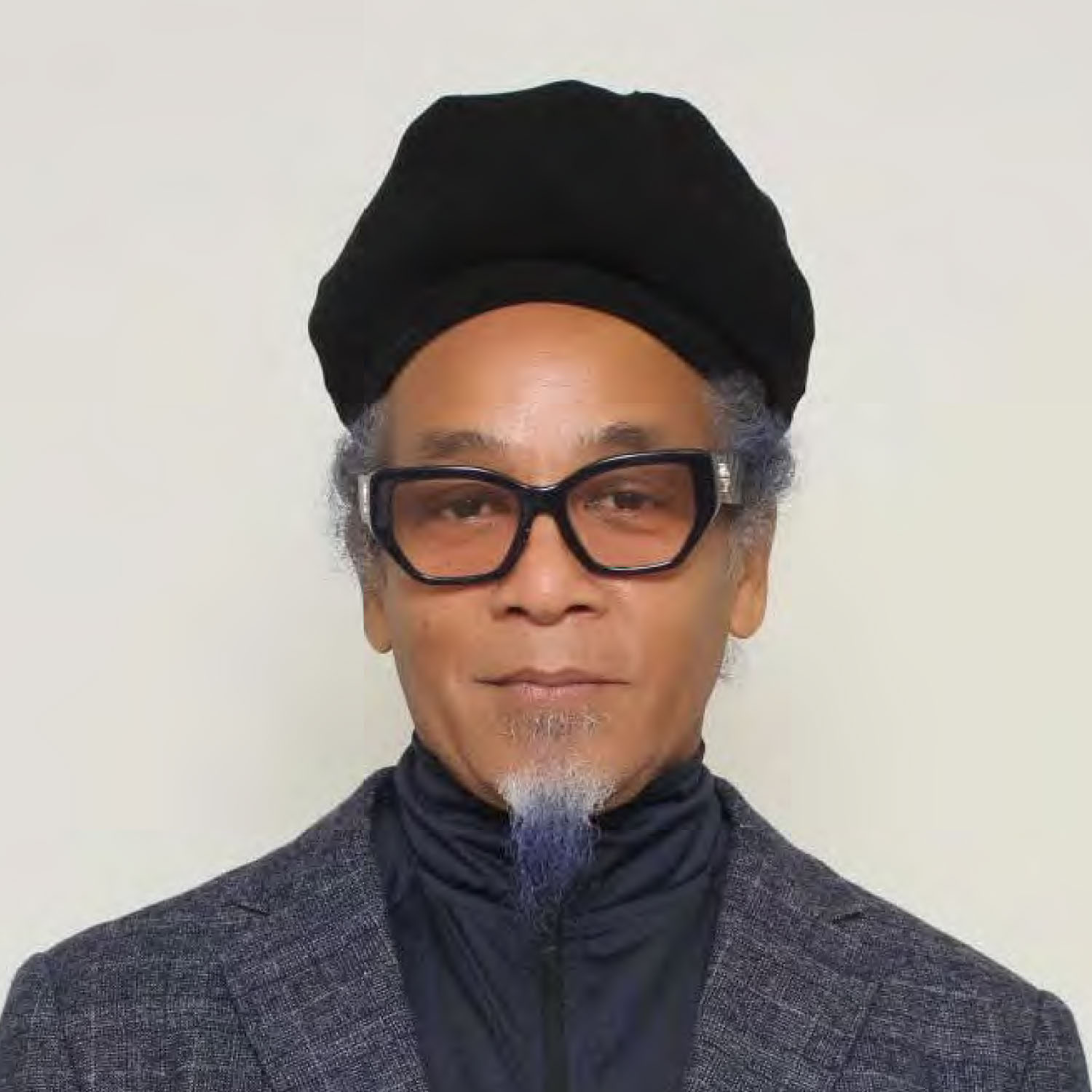Ian Clarke
Faculty of Arts & Science
Ian Clarke is an Associate Professor of sustainability and biology in the Faculty of Arts & Science and the School of Graduate Studies at OCAD University. He received his Ph.D. in Biochemistry from Queen’s University and an AOCAD (printmaking) from OCADU. He trained as a Biologist at the Design Table (BaDT) and has been a Biomimicry Education Fellow at the Biomimicry Institute. He has taught at OCAD University since 2003, was part of drafting the first OCADU Sustainability Policy, and was one of the founding Co-Chairs of the OCDU Sustainability Committee. Prior to his appointment as Associate Dean in 2013 he was also a cancer stem-cell researcher at the Arthur and Sonia Labatt Brain Tumour Research Centre at the Hospital for Sick Children (Toronto). He has co-authored numerous peer reviewed scientific articles, which have received over twenty-two thousand citations, in journals such as Nature, Cancer Cell, Cancer Research, Proceedings of the National Academy of Science (USA) and Cell Stem Cell. He teaches courses in biology, biotechnology, climate change and sustainability sciences. His research at OCAD University focuses on sustainable art & design materials, urban agriculture and ecology, with a specific focus on cultural adaptation to the climate crisis.
This research project will develop protocols and applications for the use of wood waste and non-edible fungal cultures as sustainable structural materials, dyes, and pigments, for both art and design practice. Most folks are familiar with the most visible part of fungi, the mushrooms, however, the non-fruiting growth of fungi is mycelium networks of fibers containing the strong water-insoluble biopolymer chitin. Many fungi have evolved to utilize the dead cellulose fibers of plant materials as a food source. The species of focus will be widely distributed and locally adapted native shelf mushrooms (polypore shelf fungi), that are not commercially grown but are best suited to produce biomaterials that can be used for non-food purposes. In collaboration with the staff at the OCADU wood studio, this research utilizes a circular economic approach, where waste materials such as sawdust & wood shavings will be used to grow fungi, where the mycelium connects, binds together, and creates strong biomaterials with a variety of useful properties for artists and designers. Students in the wood studio contribute to research-creation through this project, and this can be used as pedagogical entry into discussions of waste, creative reuse, and the circular economy.




